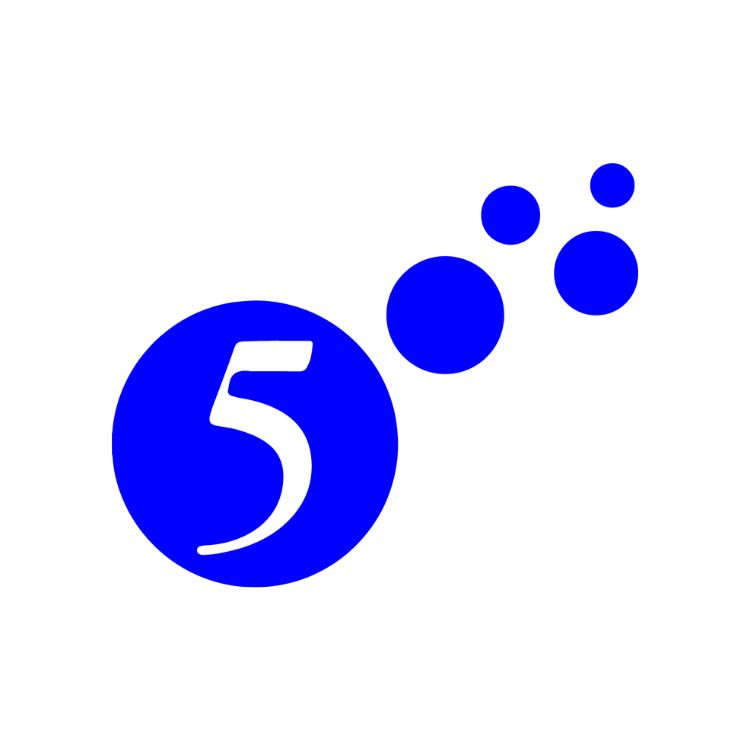
So far, it appears as if no one is ready to make price adjustments to customer bills in the aftermath of Winter Storm Uri. Neither the Texas executive branch, the legislative branch, nor the Public Utility Commission of Texas (PUCT) are very eager to be the one that steps up to order the re-pricing of wholesale Real-Time Index or Ancillary Service prices that have been in question over the past month. Instead, it seems like everyone is resigned to allowing the lawyers to argue their cases and leave the outcome up to the courts.
What is getting legislative attention are the “band-aid” bills that are intended to reduce the exposure that residential and small commercial customers might have to Real-Time index prices in the future. To this end, Senate Bill 3 (SB 3) is the piece of legislation that is receiving the most attention. The original language for SB 3 proposed a complete ban on wholesale Real-Time index-based products. Recent amendments, however, limit that restriction to only residential and small commercial customers, which are defined by the PUCT as customers with a peak demand less than 50 kW (for reference, small commercial customers are typically only two to three times larger than the average residential household).
Where this bill differs from many other similar House and Senate bills is that in addition to limiting index-based contracts to protected classes of customers, it also includes provisions for utility (AEP, Oncor, Centerpoint & TNMP) “load shedding” requirements throughout Texas and the maximum number of hours Real-Time prices can remain at the ceiling (High System-Wide Offer Cap, or HSWOC). The broad nature and scope of this bill makes us believe that it has the necessary attributes to achieve consensus among legislators.
Some of the highlights of SB 3 include:
Load Shedding Events:
• Clear communication and identification of electricity customers that are classified as “Critical Care” along with instructions on how to apply for that designation.
• Guidelines on how utilities plan to implement involuntary load shedding when called on by ERCOT.
• Recommendations on how to implement more voluntary load shedding.
• The language in this legislation is intended to benefit several parties, including utilities, Retail Electric Providers (REPs) and end-use customers and will help them become better prepared for potential forced load shedding in the future.
Changes in Wholesale Market Prices:
• Limits the number of hours at which index prices can be at the HSWOC to 12 hours per year, after which the Low SWOC (LSWOC) comes into play.
• Limits the LSWOC to never exceed the HSWOC, which is currently allowed if state-wide natural gas prices are high.
• Limits Ancillary Service prices to a level that will not exceed 150% of the HSWOC.
Dependability and Reliability of Generating Assets:
• Adds a new Ancillary Service to increase reliability and availability of intermittent generation resources, such as wind and solar. The costs of this new Ancillary Service would be allocated directly to those intermittent generating assets, instead of the typical allocation to load.
• Requires generating plants to implement operating measures that ensures availability during weather emergencies, including weatherization requirements for natural gas and coal-fired generation.
We view this bill as a Texas-sized “band-aid.” While its contents offer some corrective actions, there are still fundamental market design issues that need to be addressed.




